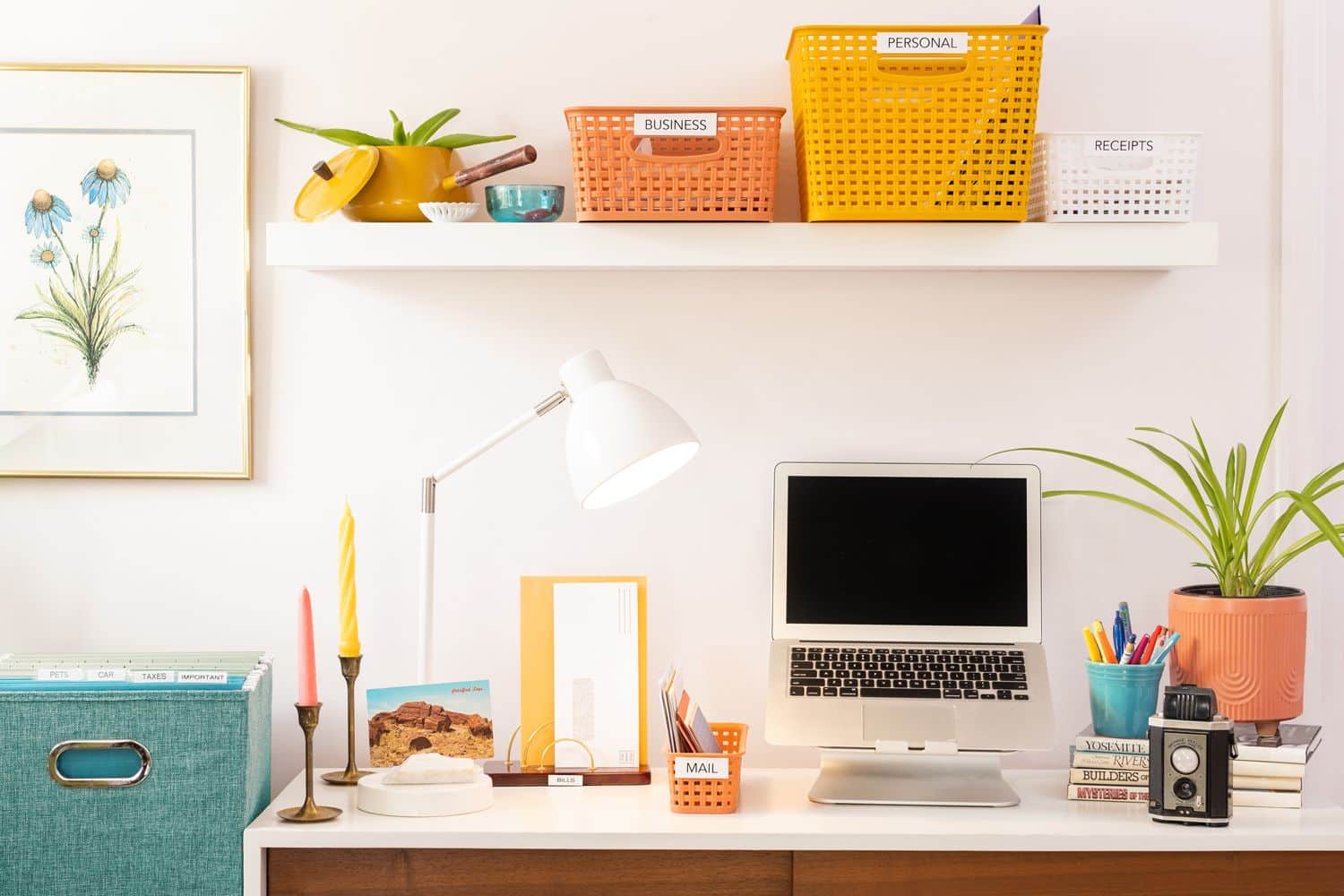Personal information, whether you keep it written down on paper documents or stored in email folders, can quickly pile up. Organizing it all can become overwhelming, especially if you’ve only got a small office room or you can already see mountains of paperwork.
A cluttered system can reduce productivity and make it difficult to find what you need. If other people visit your office or access your computer, it could also leave you vulnerable to data breaches. Here’s how to keep your personal information safe and secure at home.
1. Discard everything you don’t need
If there are documents you no longer need, make sure to dispose of them correctly. For physical paperwork, you can use an ID protection roller or a shredder, for example. Don’t forget to recycle your trash afterwards.
Freeing your space or folders of unimportant documents will make organization much easier. Though it might take a bit of time, this task leaves you knowing what you have in your possession.
It might sound obvious, but if you’re keeping your passwords written down in plain sight, you need to hide them!
2. Prep your storage space
Figure out where you will be storing all your documents—this could be a spare room or a filing cabinet in your hall. Label everything and add individual or grouped documents into folders, separating them by type for ease.
For example, keep bills and contracts in one folder and personal identification in another. Try to go paperless wherever you can: this helps you to save space and reduce your carbon footprint too.
You might want to replace paper documents with digital versions, so it’s worth asking professional providers for high-quality scans. Just don’t forget to use the most secure external hard drives to keep your data safe.
3. Tidy up your digital data
Organizing your existing digital data is paramount. With more and more of our lives spent on the internet, you’re likely holding onto lots of personal data that needs to be stored securely. There’s always more of a threat online.
Choose logical and consistent ways to name and sort out your files. We recommend backing up all your files externally and keeping them on encrypted external devices. Hackers find vulnerabilities in old software, so make sure to install the latest software and app updates.
Preventing unauthorized access is vital. Always use strong passwords for your accounts and emails, and to make things easier, you can use a free password manager online to safely store these.
We recommend two-step verification for emails and shared files.
4. Get organized
Remember, if you’ve had to clean up your digital mess, it might not be a one-off event. To prevent future chaos, be consistent with keeping your files and documents neat and tidy.
You could write a checklist and setting reminders can help you keep on track of everything. For example, take time each morning to clear your emails and declutter paperwork once a quarter. Updating your passwords should be something you do monthly too.
With commitment and preparation, you can be smart about your personal information. Keep your online files backed up and make sure you’re the only one who can access your data.








